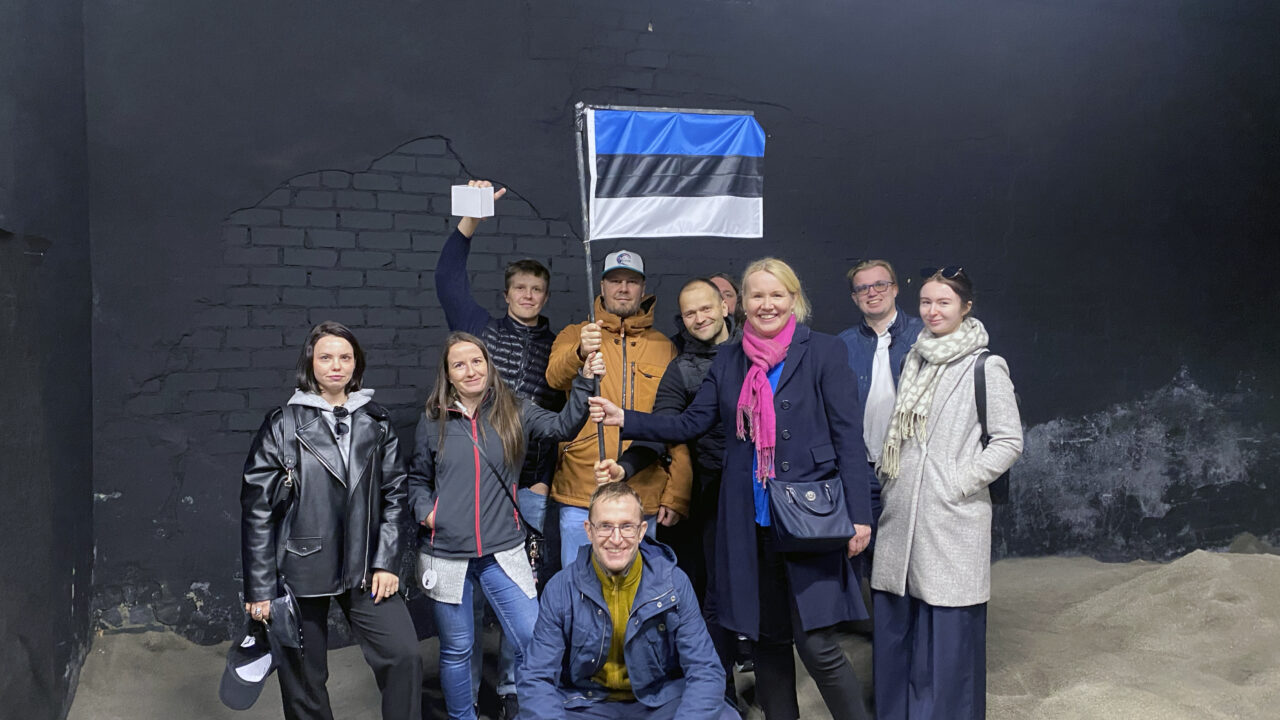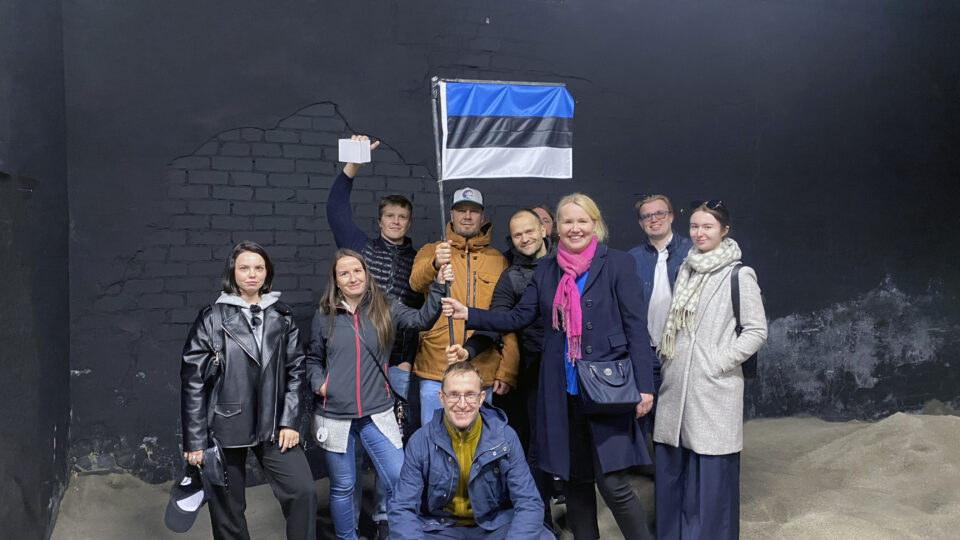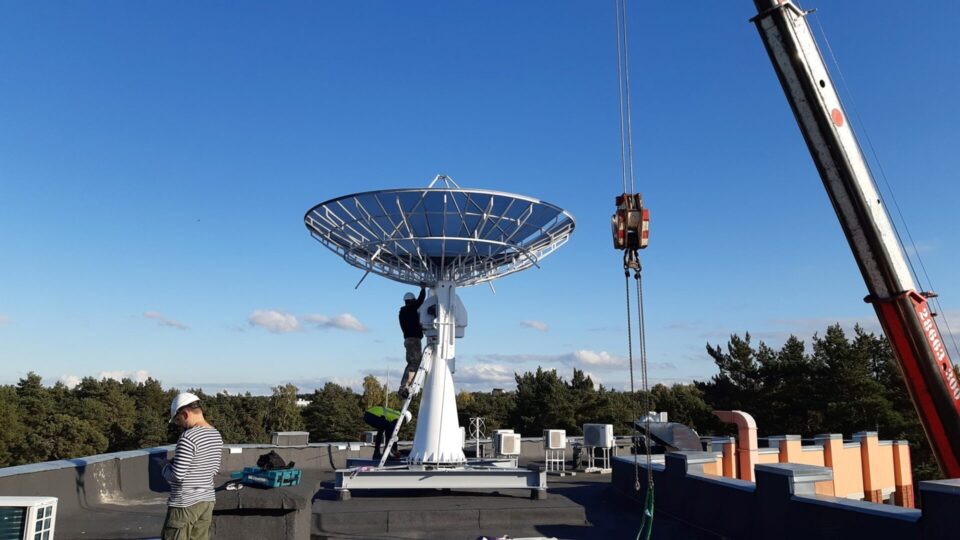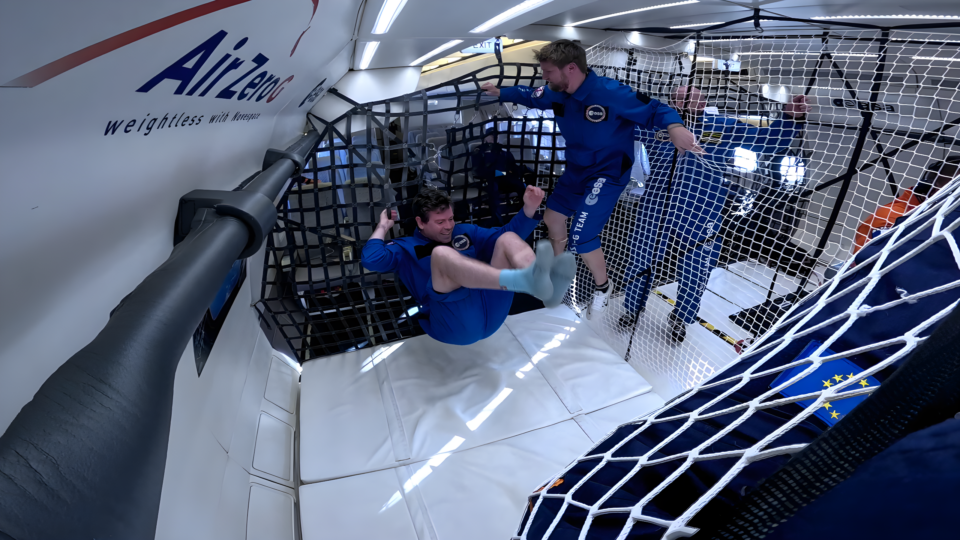ESA BIC Estonia offers up to €60,000 in equity-free funding to support product development, intellectual property protection, and access to an international mentor network. The incubator supports early-stage tech companies whose ideas draw on space-related knowledge, infrastructure or data.
While space technology may seem distant and complex, it’s already a part of our daily lives – satellites enable GPS, mobile connectivity, weather forecasting and even banking services. Developments in space tech have brought us wireless headphones, scratch-resistant glass, water purifiers and solar panels. “Space technology is a driving force across the entire tech sector and a valuable asset for any economy,” says Kristiina Libe, deep tech project manager at Tehnopol. According to her, support and global networks are especially crucial in fields with long development cycles – and that’s exactly what ESA BIC provides.
Space technology is a driving force across the entire tech sector and a valuable asset for any economy.
ESA BIC Estonia is part of Europe’s largest network of space incubators, with 32 centres across 90 locations. Over 1,800 startups have received support from the programme, with five new Estonian companies selected each year. Since its launch, 32 Estonian startups have joined the incubator, including Crystalspace, Spaceit, Hepta Airborne and KappaZetta “ESA BIC was the only truly valuable incubator that helped us build our IP portfolio and file our first patent,” says Marek Alliksoo, CEO of SkyCorp Technologies.
He notes that at first, they didn’t even consider themselves a space company – yet they made it all the way to the European Space Agency and won a contract.

The Spaceit team – one of the success stories from the ESA BIC Estonia incubator, whose cloud-based satellite operations system is opening up new horizons in the space industry. Photo: Private collection
Global partnerships and bold directions
The ESA BIC Estonia incubator is run by a consortium that includes Tartu Science Park, Tehnopol, TalTech, the cities of Tallinn and Tartu, and the University of Tartu. International cooperation lies at the heart of the programme – the incubator also collaborates with the United Arab Emirates, home to Madari Space, a member of Tehnopol’s partner network.
NASA collaborator and ESA BIC Estonia international mentor Shareef Al Romaithi highlights Estonia’s strong reputation as a digital nation, particularly in the fields of cybersecurity and artificial intelligence. “These are the very fields shaping the future of space technology.” The UAE is making significant investments in its space programme, such as the Emirates Mars Mission, and according to Al Romaithi, partnering with Estonian startups is a logical next step.
According to him, key trends driving space technology include artificial intelligence and automation, 5G and laser communication, quantum encryption, reusable rockets, and the rise of small satellites. One particularly exciting direction is the idea of placing data centres in Earth’s orbit – something that could revolutionise global data management. “The next leap won’t come from a single country, but through international cooperation. Estonia and the UAE both have strong visions for the future,” he concluded.
“The next leap won’t come from a single country, but through international cooperation. Estonia and the UAE both have strong visions for the future.”
Applications are open until 8 May: esabic.ee
Find out more: HERE.



